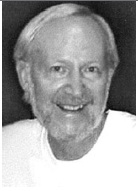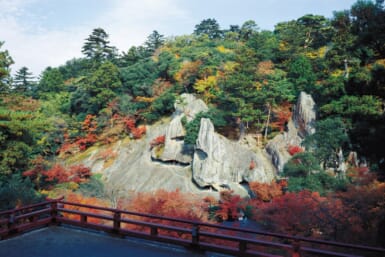“Out beyond the ideas of wrong doing and right doing, there is a field — I’ll meet you there.”
Jalaluddin Rumi
Conflict resolution strategies are designed to solve both international problems and even smaller scale hostilities such as marriage difficulties. However, if resolution is to work, the belligerents must really want to solve their conflicts.
There are two possible approaches to solve tough issues: 1) deal with and sort out all the specific problems, or if they are stuck in a really intractable morass, then 2) go off the map and find a radically different approach or solution.
In regard to the second category and the present dysfunctional ways of dealing with issues in the Middle East, perhaps a 13th century Islamic Sufi poet can lend us some ideas about how to change the way people are thinking about and attacking each other.
Jalaluddin Rumi, the passionate, ecstatic, mystic Islamic poet, was born in what is now Afghanistan in the 13th century. His poetry was the heart of love — he is said to have been a spiritual bridge between human beings and God. He had to flee his home because of the invasion by Genghis Khan. He lived in Persia and traveled throughout the Islamic world.
Rumi’s deeply spiritual words are, in essence, without borders — simple, transcendent invitations to search for the soul and enrich our lives by living from our hearts.
Rumi, the wandering mystic, talked about the inner “mosque” of compassion and love that we should all go to in a meditative mood every morning. That mosque is the heart.
Coleman Barks, an American poet and translator of Rumi’s poems, said Rumi was inspired by the great human questions of life: “What is the purpose of desire? What is a dream? A breath? The heart? What is Love?”
Most of his answers are found in “conversations” with God — beyond the stages of prayer and meditation. Barks said many of Rumi’s poetic revelations are “like conversations that, similar to opening the rose, they also open the heart.”
Ironically or karmically, Rumi is one of the most popular poets in the United States today. In his book The Soul of Rumi, Barks quotes one of Rumi’s poems:
“You are the truth from foot to brow. Now, what else would you like to know?”
Barks says Rumi is a spiritual and philosophical beacon for Muslims, Christians, Jews, Buddhists, Hindus and even agnostics — in essence, says Barks, “Rumi is beyond East and West” and “before any religion.”
Rumi emphasized the commonality of the great spiritual heart of mankind — whatever divides us, he said, is opposed to the Oneness of all humanity, and stressing differences is ultimately a rejection of the loving heart of God.
Psychologically and culturally, Rumi may present one of the ways to find a common ground, a common vocabulary, between Islam and the West, because there is so much that reverberates in both cultures at a universal spiritual level.
“Why do you stay in your prison,” says Rumi, “When the door stands open.”
Rumi emphasized the language of the heart that brings us out of the prisons of our minds and brings us together, rather than the language of differences that keeps us apart in our minds.
More modern Arab poets such as Kahlil Gibran echo the Sufi mysticism of Rumi:
“Your daily life is your temple and your religion,” says Gibran. “Whenever you enter into it, take with you your all…And take with you all men. Look around you, and you shall see Him playing with your children. And look into space; you shall see Him walking in the cloud, outstretching His arms in the lightning and descending in rain. You shall see Him smiling in flowers, then rising and waving His hands in trees.”
There is much to analyze psychologically, politically and economically about how things have gone so badly wrong between East and West, but there must also be a meeting place where broken and betrayed hearts and minds can be repaired or healed.
Our problems are only partly about oil, power and geopolitics. One of the lessons we must learn from the present confrontations and violence in the Middle East is that people’s ideas about the spirit and the soul are also important, and they can be used to unite us or divide us.
We ignore the poetic Rumi-like path to conflict resolution at our peril. Perhaps one way we would be able to solve the deeply painful issues of the Middle East is when Westerners can sit down with Muslims as brothers and sisters, and read together from Rumi in order to find a way out of our confrontations to the great universal heart.
It seems an unlikely scenario that U.S. soldiers will be issued copies of Rumi’s poems as part of their training to go to Iraq, but until something like that happens, and a deeper appreciation and understanding of Islamic culture and Middle Eastern history is taken seriously, the alternatives don’t look too bright.
If we had been exchanging discussions over the centuries about Rumi and the common strands in our own Western culture, then our lives and our societies might be much more peaceful and different today. As Rumi said:
“Out beyond the ideas of wrong doing and right doing, there is a field — I’ll meet you there.”
Our job today is to find that field — if we can. In’shallah.
David Tharp is a psychotherapist who specializes in intercultural therapy and conflict resolution. He also learned Sufi dancing for his dance therapy work. He helped to translate and edit a book about the Islamic history of Japan.









_KRAACH-クリスタルバスソルト-385x257.jpg)